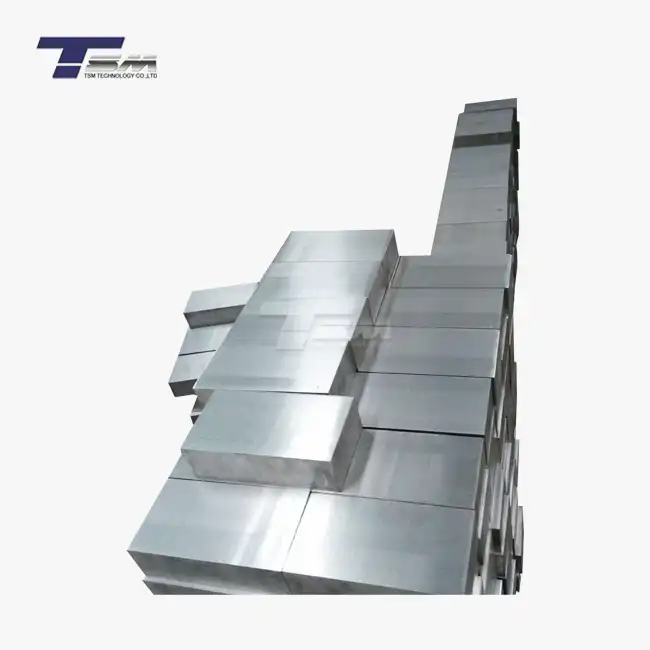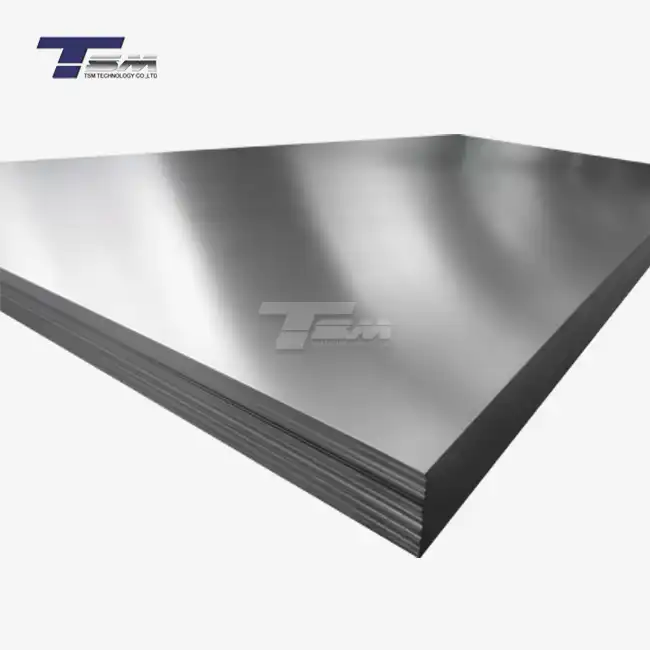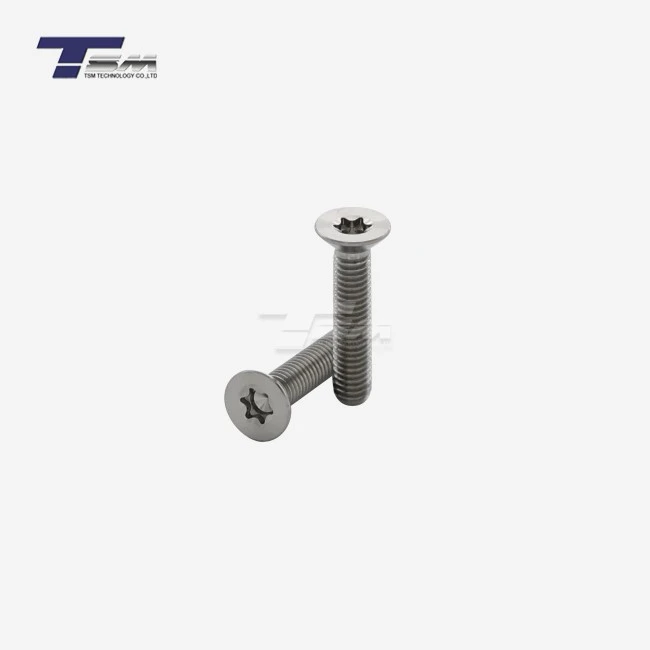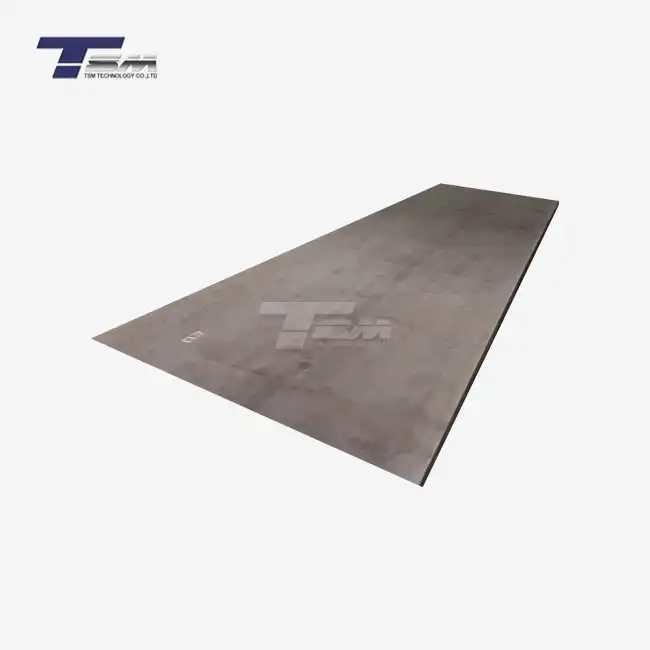- English
- French
- German
- Portuguese
- Spanish
- Russian
- Japanese
- Korean
- Arabic
- Greek
- German
- Turkish
- Italian
- Danish
- Romanian
- Indonesian
- Czech
- Afrikaans
- Swedish
- Polish
- Basque
- Catalan
- Esperanto
- Hindi
- Lao
- Albanian
- Amharic
- Armenian
- Azerbaijani
- Belarusian
- Bengali
- Bosnian
- Bulgarian
- Cebuano
- Chichewa
- Corsican
- Croatian
- Dutch
- Estonian
- Filipino
- Finnish
- Frisian
- Galician
- Georgian
- Gujarati
- Haitian
- Hausa
- Hawaiian
- Hebrew
- Hmong
- Hungarian
- Icelandic
- Igbo
- Javanese
- Kannada
- Kazakh
- Khmer
- Kurdish
- Kyrgyz
- Latin
- Latvian
- Lithuanian
- Luxembou..
- Macedonian
- Malagasy
- Malay
- Malayalam
- Maltese
- Maori
- Marathi
- Mongolian
- Burmese
- Nepali
- Norwegian
- Pashto
- Persian
- Punjabi
- Serbian
- Sesotho
- Sinhala
- Slovak
- Slovenian
- Somali
- Samoan
- Scots Gaelic
- Shona
- Sindhi
- Sundanese
- Swahili
- Tajik
- Tamil
- Telugu
- Thai
- Ukrainian
- Urdu
- Uzbek
- Vietnamese
- Welsh
- Xhosa
- Yiddish
- Yoruba
- Zulu
What are the Properties of Nickel Alloy Round Bars?
Nickel alloy round bars are cylindrical metal products known for their exceptional combination of strength, corrosion resistance, and high-temperature performance. These versatile materials exhibit remarkable properties that make them indispensable in various industrial applications. Nickel alloy round bars, including the popular nickel 200 round bar, demonstrate excellent resistance to oxidation, thermal stability, and mechanical strength even in extreme environments. Their unique composition, typically featuring nickel as the primary element along with other alloying metals, contributes to their superior characteristics. These properties enable nickel alloy round bars to withstand harsh conditions, making them ideal for use in aerospace, chemical processing, and marine industries where reliability and durability are paramount.
Composition and Metallurgical Characteristics of Nickel Alloy Round Bars
Chemical Composition and Alloying Elements
Nickel alloy round bars are crafted from a carefully balanced blend of elements, with nickel serving as the primary constituent. The specific composition varies depending on the intended application and desired properties. For instance, nickel 200 round bars consist of nearly pure nickel, typically containing 99.0% nickel and minor amounts of carbon, manganese, iron, and sulfur. Other nickel alloys may incorporate elements such as chromium, molybdenum, cobalt, and tungsten to enhance specific attributes.

The addition of these alloying elements plays a crucial role in determining the final properties of the round bars. Chromium, for example, significantly improves corrosion resistance, while molybdenum enhances strength and resistance to pitting corrosion. Cobalt contributes to increased strength at high temperatures, and tungsten improves wear resistance and hardness.
Microstructure and Phase Transformations
The microstructure of nickel alloy round bars is characterized by a face-centered cubic (FCC) crystal structure, which contributes to their excellent ductility and toughness. This structure allows for efficient dislocation movement, resulting in the material's ability to deform without fracturing under stress. The FCC structure also provides good resistance to thermal fatigue, making these alloys suitable for applications involving frequent temperature fluctuations.
During heat treatment and processing, nickel alloys may undergo various phase transformations that influence their final properties. Precipitation hardening, for instance, can occur in some nickel-based superalloys, where fine particles precipitate within the matrix, significantly enhancing strength and creep resistance. Understanding these phase transformations is crucial for optimizing the performance of nickel alloy round bars in specific applications.
Grain Structure and Its Impact on Properties
The grain structure of nickel alloy round bars plays a vital role in determining their mechanical and physical properties. Fine-grained structures generally result in higher strength and improved fatigue resistance, while coarser grains may offer better creep resistance at elevated temperatures. Manufacturers can control grain size through careful heat treatment and processing techniques, tailoring the microstructure to meet specific performance requirements.
In some applications, directionally solidified or single-crystal structures may be employed to enhance high-temperature strength and creep resistance further. These sophisticated microstructures are particularly valuable in aerospace applications, where components must withstand extreme conditions for extended periods.
Mechanical and Physical Properties of Nickel Alloy Round Bars
Tensile Strength and Yield Strength
Nickel alloy round bars exhibit impressive tensile and yield strengths, making them suitable for applications requiring high load-bearing capacity. The specific values vary depending on the alloy composition and processing history. For example, nickel 200 round bars typically have a tensile strength ranging from 380 to 550 MPa and a yield strength of 100 to 150 MPa. More complex nickel alloys can achieve even higher strength levels, with some grades exceeding 1000 MPa in tensile strength.
These exceptional strength properties are maintained over a wide temperature range, which is particularly valuable in high-temperature applications. The ability to retain strength at elevated temperatures sets nickel alloys apart from many other metallic materials, making them indispensable in industries such as aerospace and power generation.
Ductility and Toughness
Despite their high strength, nickel alloy round bars maintain excellent ductility and toughness. This combination of properties allows for efficient fabrication and forming processes while ensuring resistance to brittle fracture under service conditions. The ductility of these materials is often quantified by their elongation percentage, which can range from 30% to 50% or more, depending on the specific alloy and heat treatment.
The toughness of nickel alloy round bars is particularly noteworthy, as it enables them to absorb significant amounts of energy before failure. This characteristic is crucial in applications where impact resistance and crack propagation resistance are essential, such as in aerospace components and marine environments.
Hardness and Wear Resistance
Nickel alloy round bars demonstrate good hardness and wear resistance, properties that can be further enhanced through heat treatment and alloying. The hardness of these materials typically ranges from 120 to 250 Brinell, depending on the specific alloy and processing conditions. Some specialized nickel alloys can achieve even higher hardness values, making them suitable for applications requiring exceptional wear resistance.
The wear resistance of nickel alloy round bars is attributed to their ability to form protective oxide layers and their inherent strength. This property is particularly valuable in applications involving sliding or abrasive wear, such as in valve components or pump shafts operating in corrosive environments.
Corrosion Resistance and High-Temperature Performance of Nickel Alloy Round Bars
Oxidation and Sulfidation Resistance
One of the most remarkable properties of nickel alloy round bars is their exceptional resistance to oxidation and sulfidation, especially at elevated temperatures. This resistance stems from the formation of stable, adherent oxide layers on the surface of the material, which act as a barrier against further attack. Nickel alloys containing chromium, such as Inconel, are particularly noted for their oxidation resistance, forming protective chromium oxide scales that remain stable even at temperatures exceeding 1000°C.
Sulfidation resistance is another critical property, especially in environments containing sulfur-bearing gases or liquids. Nickel alloys, including those used in round bar form, demonstrate superior resistance to sulfidation attack compared to many other metals and alloys. This property is invaluable in applications such as oil and gas processing, where exposure to sulfur-containing compounds is common.
Resistance to Various Corrosive Media
Nickel alloy round bars exhibit excellent resistance to a wide range of corrosive media, including acids, alkalis, and salt solutions. This broad-spectrum corrosion resistance makes them ideal for use in diverse chemical processing applications. For instance, nickel 200 round bars show exceptional resistance to caustic alkalis and are often employed in environments where exposure to these chemicals is expected.
Different nickel alloys are tailored to resist specific corrosive environments. Hastelloy alloys, for example, are renowned for their resistance to both oxidizing and reducing acids, making them suitable for handling a variety of aggressive chemicals. The ability to withstand corrosive attack while maintaining mechanical integrity is a key factor in the selection of nickel alloy round bars for critical applications in the chemical and petrochemical industries.
Creep Resistance and High-Temperature Strength
Nickel alloy round bars are distinguished by their exceptional creep resistance and high-temperature strength, properties that are crucial in applications involving prolonged exposure to elevated temperatures under stress. These materials maintain their mechanical properties at temperatures where many other alloys begin to lose strength and dimensional stability.
The creep resistance of nickel alloys is attributed to their face-centered cubic structure and the presence of stable precipitates that impede dislocation movement at high temperatures. This characteristic allows components made from nickel alloy round bars to maintain their shape and integrity under long-term stress at elevated temperatures, making them indispensable in gas turbine engines, heat exchangers, and other high-temperature applications.
The high-temperature strength of these alloys is further enhanced by solid solution strengthening and precipitation hardening mechanisms. Some nickel-based superalloys can retain significant strength at temperatures up to 1000°C or higher, a performance level that few other metallic materials can match.
Conclusion
Nickel alloy round bars, including specialized variants like nickel 200 round bars, possess an impressive array of properties that make them invaluable in numerous industrial applications. Their exceptional combination of strength, ductility, corrosion resistance, and high-temperature performance sets them apart from conventional materials. The ability to withstand extreme environments while maintaining mechanical integrity makes nickel alloy round bars essential in industries ranging from aerospace to chemical processing. As engineering challenges continue to evolve, the versatility and reliability of nickel alloy round bars ensure their ongoing significance in advanced technological applications.
Contact Us
For more information about our range of nickel alloy round bars and how they can benefit your specific application, please contact us at info@tsm-technology.com. Our team of experts is ready to assist you in selecting the ideal nickel alloy solution for your needs.
References
Davis, J.R. (Ed.). (2000). Nickel, Cobalt, and Their Alloys. ASM International.
Donachie, M.J., & Donachie, S.J. (2002). Superalloys: A Technical Guide. ASM International.
Special Metals Corporation. (2007). Nickel 200 & 201 Technical Datasheet.
Sims, C.T., Stoloff, N.S., & Hagel, W.C. (Eds.). (1987). Superalloys II: High-Temperature Materials for Aerospace and Industrial Power. John Wiley & Sons.
Betteridge, W. (1984). Nickel and Its Alloys. Ellis Horwood Ltd.
ASM International. (2000). ASM Specialty Handbook: Nickel, Cobalt, and Their Alloys.
Learn about our latest products and discounts through SMS or email



